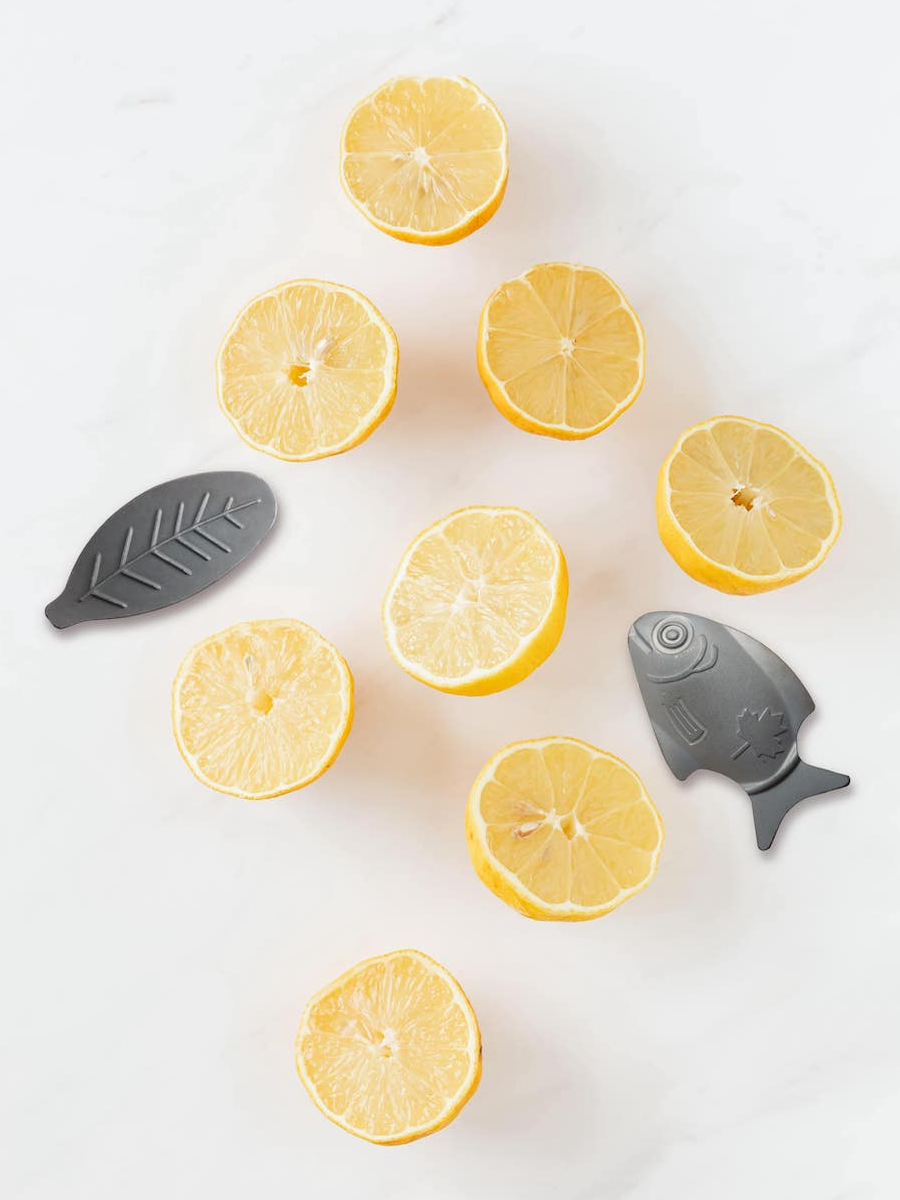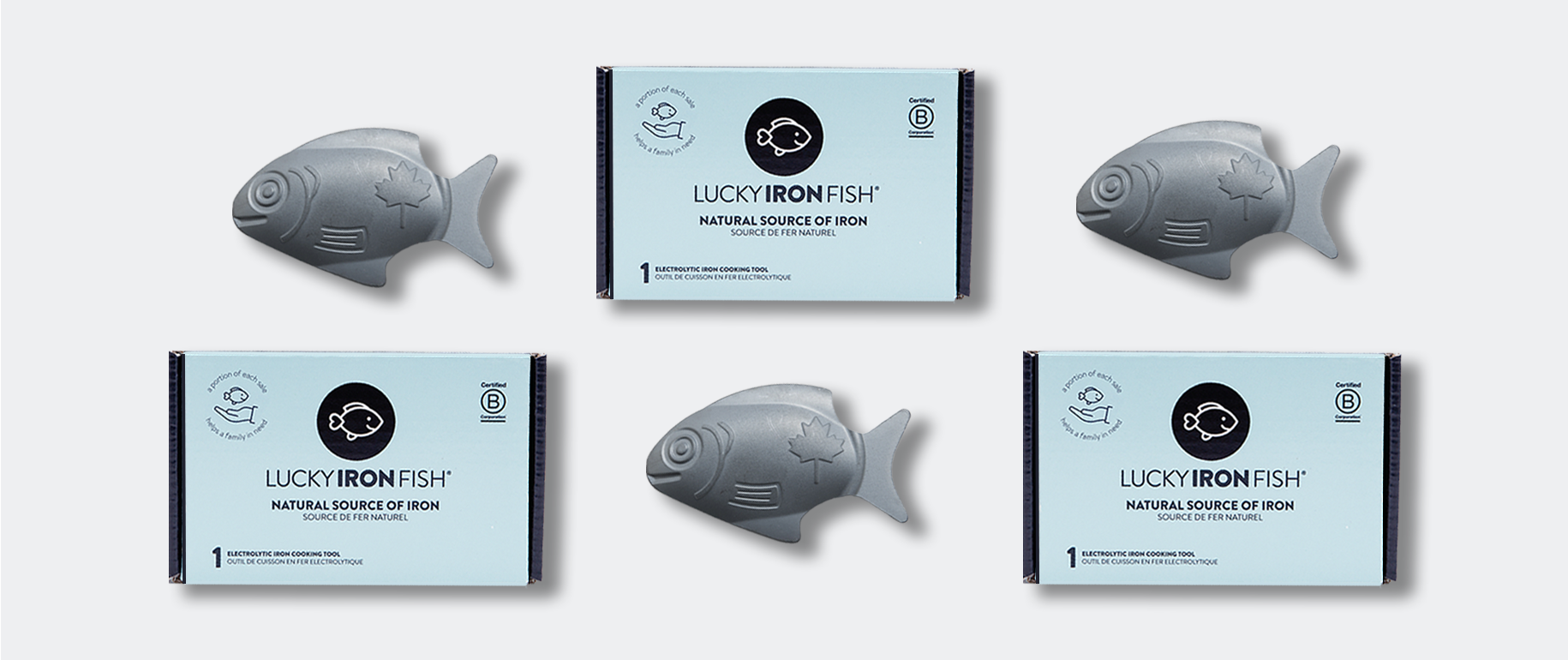Iron is an important mineral that is needed to form heme, the red pigment in our red blood cells that is responsible for the efficient transport of oxygen in our body. Therefore, we need to ensure that our daily diet contains the required amounts of iron so that our body functions are optimal.
Iron is found in a variety of foods, which should be a part of our daily diet. Also, we can increase iron absorption into our body by including certain foods in our diet and avoiding some others. Just eating enough iron-containing foods is not enough; optimizing absorption is also important.
Foods That Help Your Body Absorb More Iron
Different types of dietary iron get absorbed at different rates. However, there are some foods that increase iron absorption in our body. These include:
1. Vitamin C
Research has shown that an intake of 100 mg of vitamin C along with a meal enhances the iron absorption by 67%. Vitamin C does this by capturing non-heme iron and storing it in a form that is more easily absorbed by our body. Vitamin C can be obtained from the consumption of citrus fruits, melons, dark green leafy vegetables and strawberries.
2. Vitamin A and Beta-Carotene
Both these substances have been shown to increase the absorption of iron dramatically – up to 200% with vitamin A and 300% for beta-carotene. These can be found in carrots, spinach, oranges, apricots, kale and peaches.
3. Poultry, Fish and Meat
All these foods can be a source of well-absorbed heme iron and can also enhance the absorption process of the non-heme iron. Their presence can multiply the iron absorption rate by up to 3 times.
Foods That Prevent Your Body from Absorbing Iron
These foods can result in a significant decrease in the iron absorption in your body:
1. Phytate
Phytate, also known as phytic acid, is a substance found in nuts, whole grains, legumes, soy, and cereals. It can reduce iron absorption significantly, even when consumed in small amounts. However, this adverse effect can be diminished if you eat foods that increase the absorption of non-heme iron, for example, meat and vitamin C containing foods.
2. Calcium-Rich Foods
Some research has shown that calcium hinders the iron absorption by up to 60% while other studies have not found any links between the two. More research is needed in this area, so until then, as a precautionary measure, it is advisable to avoid the intake of calcium-rich foods with your major sources of iron. This applies to supplements too.
3. Polyphenols
Polyphenols are substances that are found in many beverages and plant foods such as tea, wine, coffee, some legumes, cereals, fruits and vegetables. Tea and coffee have large quantities of polyphenols; therefore, they can reduce iron absorption by up to 70% if consumed along with a meal. To avoid this effect, it is advisable to space out the intake of an iron-rich meal and any such beverage.
Using this knowledge, plan out your diet to make sure that it is balanced and designed to optimize your iron intake and absorption. Consume more foods that provide you with iron and enhance its absorption too, including fish, beans, meat, poultry, lentils, and Lucky Iron Fish. You should also make sure that your dietary intakes, coffee, and caffeinated tea are adequately spaced out between your meals.










